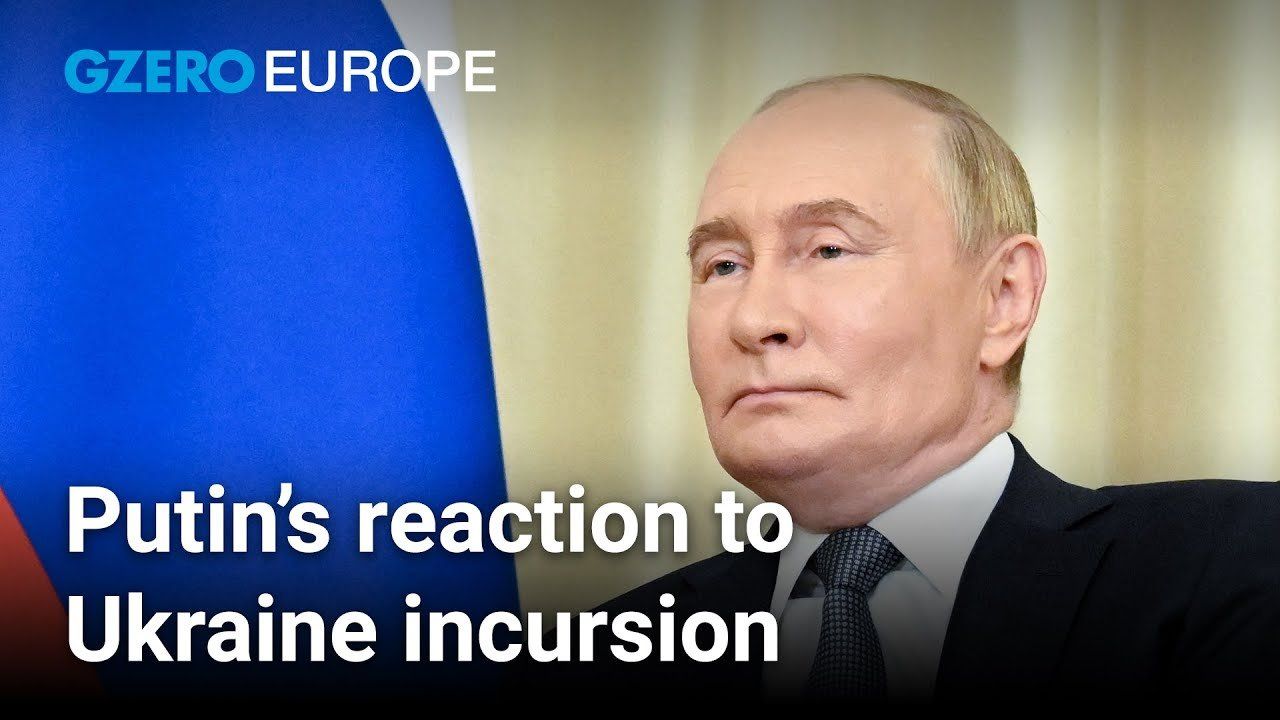August 22, 2024
Carl Bildt, former prime minister of Sweden and co-chair of the European Council on Foreign Relations, shares his perspective on European politics from Tabiano Castello in Italy.
How will the Ukraine Kursk incursion affect Putin's way of handling his war?
No question. It does complicate things for him quite considerably. First, they were trying to say, "Well, this is a quick thing. This will be over. The mighty Russian army is going to throw out the evil Ukrainians within a short period of time." That has clearly not been successful. So, now they're trying to say, "Well, this is not a big thing." They're trying to play it down. But whatever. It does complicate significantly the narrative that Putin has been trying to hand out, some say, or get anchored with the Russians that victory is going to come. It's only question of patience. He will have quite considerable difficulty. More on the political way. In the political respect than in the military with this operation.
What do we expect of Indian Prime Minister Modi's visit to Kyiv in the coming days?
I think it's going to be interesting to see. I would be interesting to see whether he hugs, embraces Zelensky in the way he did in a way that was quite remarkable with Putin when he was in Moscow a couple of weeks ago. And I think that sort of hugging of Putin did create some image problem for India in part of the word, notably in the West. And it will be interesting to see how far he goes in his visit to Kyiv in sort of counterbalancing the impression created by that hugging of Putin in the Kremlin.
More For You
Security in a fragmented world: Cyber deterrence, NATO reform & the future of trusted tech
Feb 14, 2026
- YouTube
In a new Global Stage livestream from the 2026 Munich Security Conference, New York Times White House and national security correspondent David Sanger moderates a conversation with Ian Bremmer (President & Founder, Eurasia Group and GZERO Media), Brad Smith (Vice Chair & President, Microsoft), Benedetta Berti (Secretary General, NATO Parliamentary Assembly), and Wolfgang Dierker (Global Head of Government Affairs, SAP) on how technology and defense are colliding in real time.
Most Popular
- YouTube
Ian Bremmer breaks down how Trump’s second term is reshaping American power — and what it means for the global order.
© 2025 GZERO Media. All Rights Reserved | A Eurasia Group media company.
